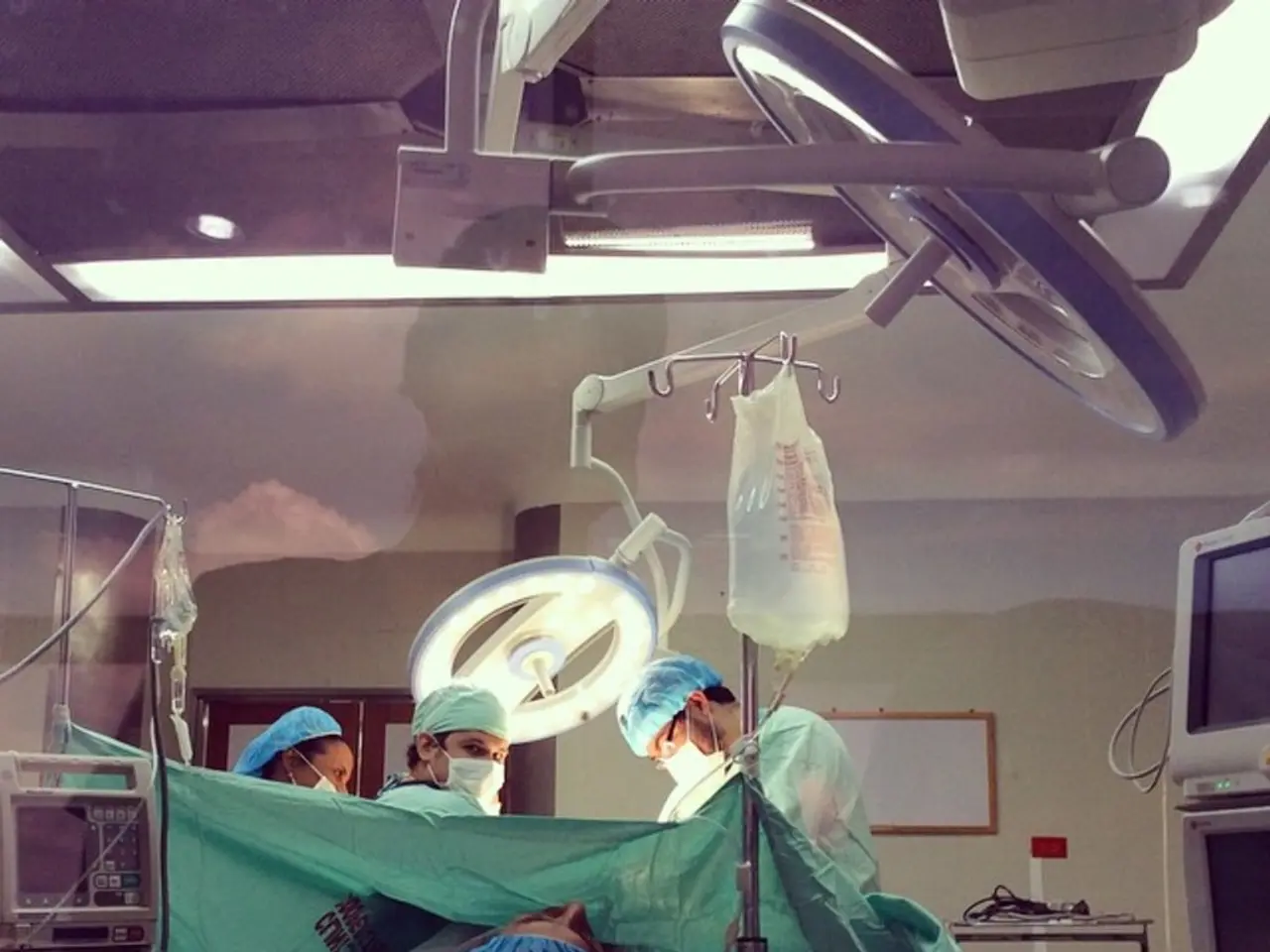Organ Donation: Comparison of Opt-In and Opt-Out Systems' Advantages
In the global landscape, the approach to organ donation varies significantly across nations. Should donors opt in or out by default? To explore this question, a team of UK researchers delved into the organ donation protocols of 48 countries to identify the most effective strategy.
An opt-in system mandates people to actively sign up to the organ donor registry post-mortem. In contrast, opt-out systems assume consent for organ donation unless a specific request is made before death to exclude organs from donation.
Lead author, Prof. Eamonn Ferguson from the University of Nottingham, UK, acknowledges drawbacks inherent in relying on active decisions made by individuals:
"People may not act for a host of reasons, such as loss aversion, lack of effort, and trusting that policy makers have made the 'right' decision."
Inopt-in systems, inaction might result in eligible donors not donating (a false negative). Conversely, in an opt-out system, inaction could lead to individuals who dislike donation becoming donors (a false positive).
The United States employs an opt-in system. In 2021, organ donors facilitated 28,000 transplants, and approximately 79 people received organ transplants daily. However, 18 people die every day due to a shortage of donated organs.
Researchers from the University of Nottingham, University of Stirling, and Northumbria University analyzed the organ donation systems of 48 countries for 13 years, with 23 employing an opt-in system and 25 using an opt-out system.
Interestingly, they discovered that countries using opt-out systems had a higher number of total kidney donations—the organ in highest demand for transplant recipients. Opt-out systems also boasted a greater overall number of organ transplants.
Opt-in systems, however, demonstrated a higher rate of kidney donations from living donors. This influence of policy on living donation rates appears to be a novel finding as Prof. Ferguson notes, "and is a subtlety that should be highlighted and considered."
The authors accept the study's limitations, including the absence of assessment for varying degrees of opt-out legislation and other potential factors influencing organ donation.
Trends in their findings reveal that "opt-out consent may lead to an increase in deceased donation but a reduction in living donation rates. Opt-out consent is also associated with an increase in the total number of livers and kidneys transplanted."
Moving forward, the researchers suggest future policy decisions could be guided by their results, yet these may be further strengthened through regular collection of international organ donation data—such as consent type, organ procurement procedures, and hospital bed availability—which should then be made publicly available.
Prof. Ferguson encourages research centered around individual perspectives and beliefs towards opt-in or opt-out decisions through surveys and experimental methods. He believes integrating these research methods could deepen understanding of policy's influence on organ donation and transplantation rates.
The authors acknowledge that countries using opt-out consent still confront organ donor shortages. Complete system transformation is unlikely to alleviate such an issue. Instead, they suggest that either tweaking the consent legislation or adopting aspects of the "Spanish Model," which emphasizes key measures such as a transplant coordination network, could boost donor rates.
Spain presently boasts the world's highest organ donation rate. The Spanish system employs opt-out consent, but its success has been attributed to other factors such as a transplant coordination network that functions both locale and nationally and improved public information about organ donation.
Recently, Medical News Today published a feature emphasizing the potential of farmed animal organs for human transplants as a possible solution to the organ shortage or a matter requiring focus through modifications to organ donation policy.
- In the study, researchers from the University of Nottingham, University of Stirling, and Northumbria University found that countries using opt-out systems for organ donation had a higher number of total kidney donations and a greater overall number of organ transplants.
- The study also showed that opt-in systems demonstrated a higher rate of kidney donations from living donors, suggesting a subtle influence of policy on living donation rates.
- The authors of the study acknowledge that countries using opt-out consent still face organ donor shortages, proposing potential solutions such as tweaking the consent legislation or adopting aspects of the "Spanish Model."
- In light of the ongoing organ donor shortage, the researchers suggest the need for regular collection and public availability of international organ donation data, as well as further research into individual perspectives and beliefs towards opt-in or opt-out decisions.




